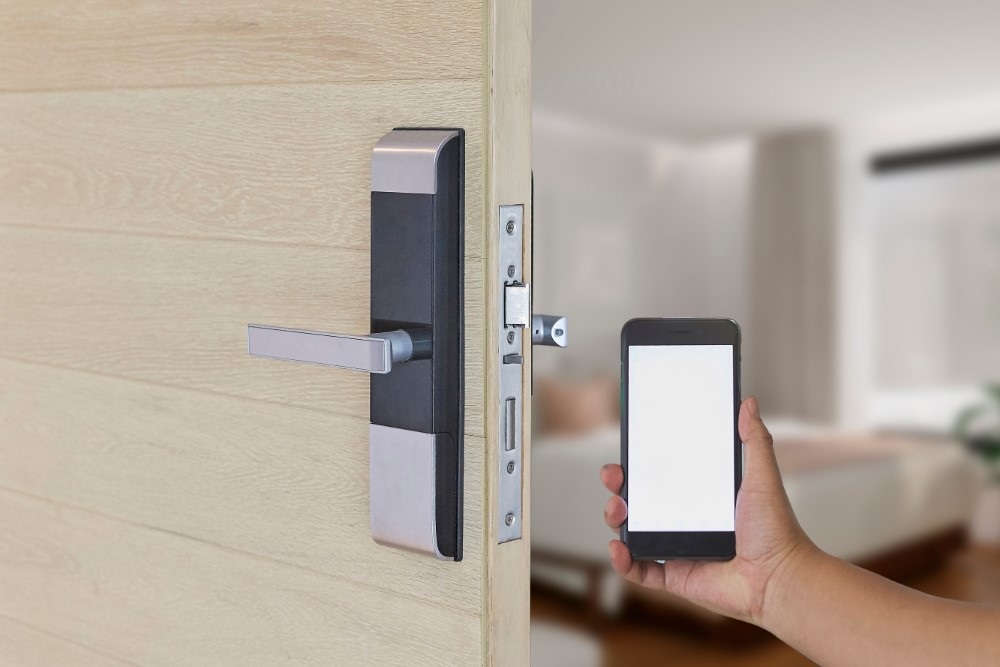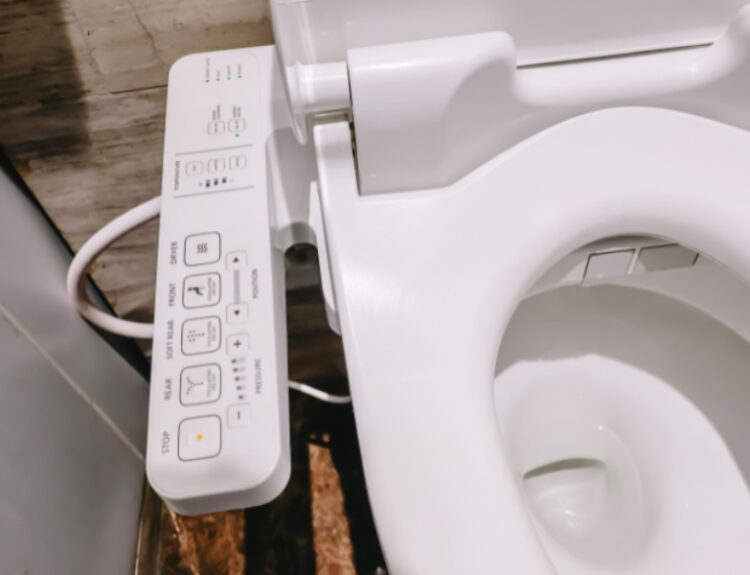At some point, almost everyone has experienced the frustrating moment of being locked out of their home, car, or office. It’s a universal mishap that spares no one, and often at the most inconvenient times. Understanding the common causes behind these lockouts can empower you to take preventive measures. If you find yourself in a bind, knowing a reliable locksmith in Templestowe can be your first step to solving the problem.
Let’s dive into the 10 common reasons people lock themselves out and how to avoid these scenarios.
Misplaced Keys
- The Culprit: The most common reason for lockouts is simply misplacing keys. Whether they slip out of a pocket or are left on a counter, missing keys can cause a lot of stress.
- The Fix: Always have a designated spot for your keys, like a hook near the door or a specific compartment in your bag. Consider using a Bluetooth key finder to help locate them quickly.
Broken Keys
- The Culprit: Keys can wear down over time, leading to them breaking off inside the lock.
- The Fix: Regularly inspect your keys for signs of wear and tear – if they start to look worn, get a copy made before it’s too late. Lubricating your locks can also prevent keys from breaking.
Forgotten Codes
- The Culprit: With the rise of digital locks, forgetting a code or password is becoming a more common issue.
- The Fix: Use a secure app to store your codes digitally, or write them down in a safe place if you prefer analogue solutions (just make sure it’s somewhere secure and accessible).
Auto Lock Doors
- The Culprit: Doors that automatically lock when closed are convenient but can be a quick path to a lockout situation if you step outside without your keys.
- The Fix: Habituate yourself to carry keys whenever you go out, even if it’s just for a moment. Alternatively, you can install a smart lock that allows for keyless entry.
Faulty Locks
- The Culprit: Over time, locks can become difficult to operate due to wear, weather, or internal damage, leading to unexpected lockouts.
- The Fix: Regular maintenance and inspection of your locks can catch issues early. If you notice your lock is getting hard to turn, contact a professional locksmith to take a look before it fails.
Slamming Doors
- The Culprit: A door slammed by the wind can leave you stranded outside if you don’t have your keys on hand.
- The Fix: Ensure your doors are securely closed, and never leave home without your keys. Installing a storm door can also prevent this issue by acting as a barrier.
Distraction
- The Culprit: Being in a hurry or distracted can lead to leaving keys inside or forgetting them altogether.
- The Fix: Take a moment to mentally check off essentials like phone, wallet, and keys before leaving. Establishing this routine can prevent lockouts.
Kids or Pets
- The Culprit: Children playing with keys can misplace them, or pets, especially dogs, can hit locks on doors, locking them.
- The Fix: Keep keys out of reach from children and pets. Consider using child-proof locks and teaching children the importance of key safety.
Changing Bags or Clothes
- The Culprit: Switching between purses, bags, or jackets without transferring your keys is a common oversight.
- The Fix: Make it a habit to immediately move your keys to the bag or coat you’re switching to. A small, portable key pouch can make this transition smoother.
Locking Keys in the Car
- The Culprit: This happens more often than you’d think, especially with vehicles that don’t automatically unlock when the keys are left inside.
- The Fix: Always take your keys with you when exiting the vehicle. For added safety, consider using a car with a keyless entry system that prevents the doors from locking if the key is detected inside.
Lockouts are inconvenient, but largely preventable with a bit of foresight and preparation
However, should you find yourself locked out despite your best efforts, it’s crucial to have a trusted locksmith on speed dial – their expertise can not only help you regain access, but also enhance your home’s security to prevent future lockouts. Stay prepared, and you’ll turn potential lockout disasters into minor hiccups.









